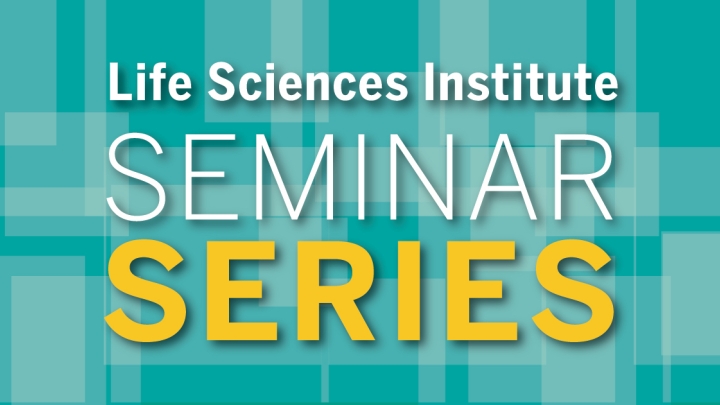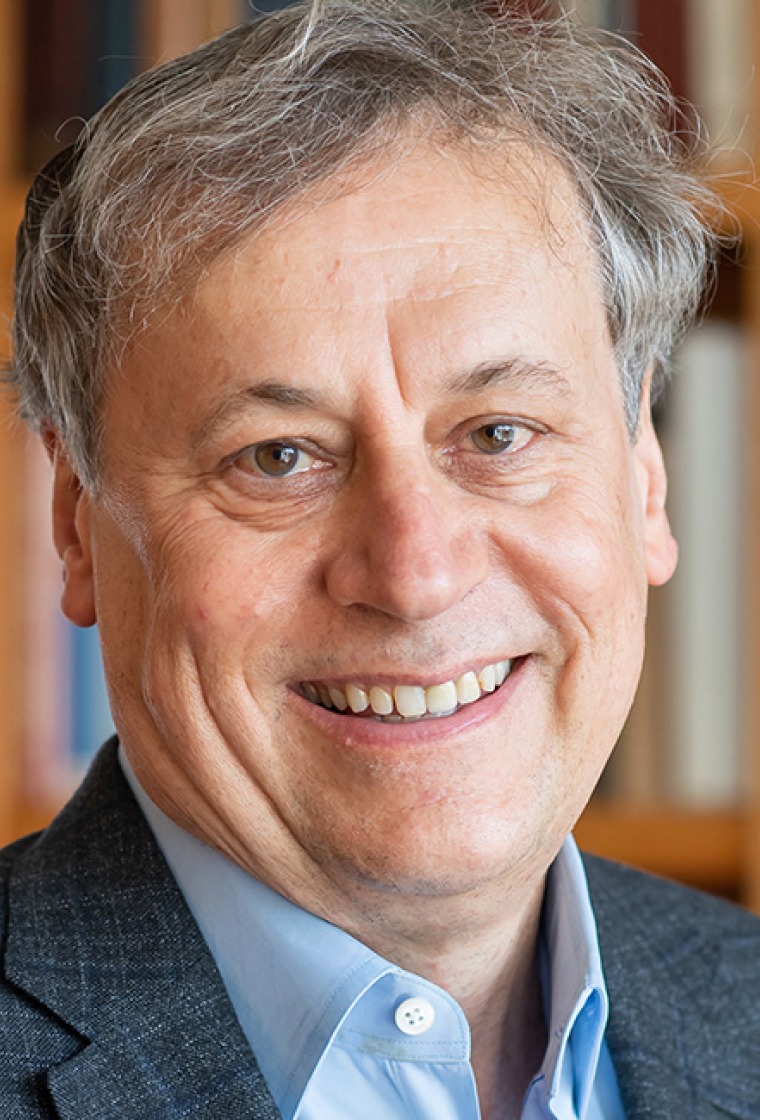
LSI Seminar Series: Ronald Raines, Ph.D., Massachusetts Institute of Technology
The lipid bilayer that encases human cells has evolved to keep the outside out, and the inside in. This barrier is not, however, impenetrable. Some small molecules, including drugs, can burrow through and manifest therapeutic activities. Others can be “cloaked” to endow membrane permeability, and then uncloaked inside cells. We have learned how to beneficially cloak proteins, which are typically 100-fold larger than small-molecule drugs. Specifically, the conversion of protein carboxyl groups into esters enables the protein to traverse the lipid bilayer. The nascent esters are substrates for endogenous enzymes that regenerate native proteins within cells. The ability to deliver native proteins directly into cells opens a new frontier for medicine.
Speaker

Ronald Raines received his bachelor’s of science in chemistry and biology from the Massachusetts Institute of Technology, and then earned a master’s and doctorate in chemistry from Harvard University. He completed his postdoctoral research in biochemistry and biophysics at the University of California San Francisco.
Raines began his independent career as an assistant professor of biochemistry at the University of Wisconsin-Madison, and rose to the rank of full professor of biochemistry and chemistry. In 2017, he returned to MIT as the Firmenich Professor of Chemistry, and also serves as an associate member of the Broad Institute of MIT and Harvard. He has received several awards and honors, including being named a fellow of the Royal Society of Chemistry, a fellow of the National Academy of Inventors, a fellow of the Royal Society of Biology and a recipient of the Max Bergmann Medal.
The Raines lab is working to reveal how biological phenomena can be explained with the refined principles and sharp-edged tools of chemistry, focusing specifically on proteins. Raines’s research program is seeking fundamental insights into the relationship between amino acid sequence and protein function (or dysfunction), creating novel proteins with desirable properties and developing means to deliver functional proteins into human cells.


